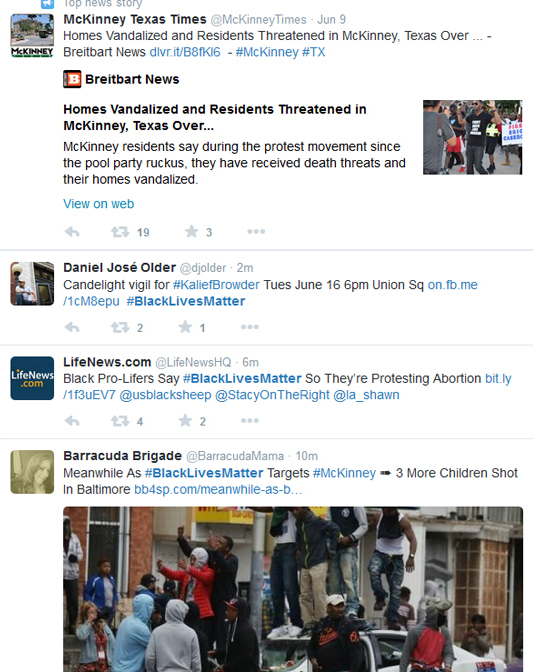Somebody Else’s Problem
Curated by Rachel Reese
Short Shorts 2015: Video Festival
Call for Entries
Submissions Deadline: July 3, 2015 11:59 PM, EST
Festival Date: Thursday, August 13th | 8:00 PM at Whitespace Gallery
Location:
Whitespace Gallery
814 Edgewood Ave NE
Atlanta, GA 30307
gallery@whitespace814.com
Notifications: week of July 20th
Submission format:
EMAIL: gallery@whitespace814.com
SUBJECT LINE: Short Shorts 2015, submission
Include 1 PDF attachment. Whitespace Gallery is proud to announce the 2015 edition of the Short Shorts video festival with the title Somebody Else’s Problem, and guest curated by Rachel Reese. Selected video works will be shown at Whitespace Gallery in Atlanta, GA on August 13, 2015. A DVD anthology presenting the selected video works and their authors will accompany the exhibition.
Application Instructions: There is no entry fee.
Works must be shorter than 10 minutes in entirety, no exceptions.
Each author may submit only one work.
Application Format: Please submit 1 PDF document with the following:
-Contact information (name, email, mailing address, artist website-if applicable)
-Link to video via youtube or vimeo ONLY (1 video/submission)
-Video statement/description (300 words or less)
-3 video stills with caption information (72 dpi and 1000 pixels on largest side, within PDF) PDF not to exceed 2mb.
Somebody Else’s Problem
The 2015 Short Shorts prompt uses the lens of the psychological effect known as “Somebody Else’s Problem,” or SEP, as a method to explore reactions and responses to recent American political and social events, particularly current, galvanizing American police brutality and racial discrimination cases. With protests and demonstrations fueling renewed national civil rights concerns, many of us are wondering what actions can make an impact, how to be involved, and how to transfer our individual passivity from SEP syndrome into collective forward action.
Are there connections between the ways we access and share information online, and individual civic engagement thresholds? Specifically, has instantaneous access to digital information and imagery contributed to a state of mere voyeuristic empathy, or even learned helplessness? Overload of visual information can create an environment of apathy and also a false sense of public engagement through passive forms. Does being able to see more conversely contribute to less experiential involvement by allowing screen viewing to stand in for actual bodies in real space? Does it overwhelm any desire for curiosity or engagement? We want to read, see, and learn more, but simultaneously we are restless: attention spans and comprehension rates are rapidly diminishing.
The images we see and share online are of real people in real time and space, happening “live”. Or are they? With the ever-rising influence of the media, questioning who owns and controls information is integral to discussing voice within our democratic system. Which platforms—social media, the Internet, traditional print media—do we believe to be reliable? How has the global ubiquity of smart phones, illuminated, or alternatively hindered, the distribution and perception of current political events – especially those most recently related to abuse of police power and structural racism.
How do we transfer collective energy and motivation into thinking about isolated or localized events as “somebody else’s problem” into collective societal motivations and wants? And then how do we fight against an oligarchal system masquerading as democracy in order to start real conversations and, ultimately, change?
We’re interested in representing video forms in all media, demanding a critical assessment of the systems of information and visualization we have established. What is the artist’s role in shaping public discourse, public outcry, public protest? What is the citizen’s responsibility to engage in radical political ideologies?
We seek short films and video works (no more than 10 minutes) from authors that explore and challenge ideas presented in this prompt, as well as works that open the conversation to include other related social concerns such as housing discrimination and food justice. We encourage submissions from a plurality of viewpoints, methods and forms, from artists, documentarians, students, citizens and amateurs alike.
Works must be shorter than 10 minutes in entirety, no exceptions.
Each author may submit only one work.
-Contact information (name, email, mailing address, artist website-if applicable)
-Link to video via youtube or vimeo ONLY (1 video/submission)
-Video statement/description (300 words or less)
-3 video stills with caption information (72 dpi and 1000 pixels on largest side, within PDF) PDF not to exceed 2mb.
